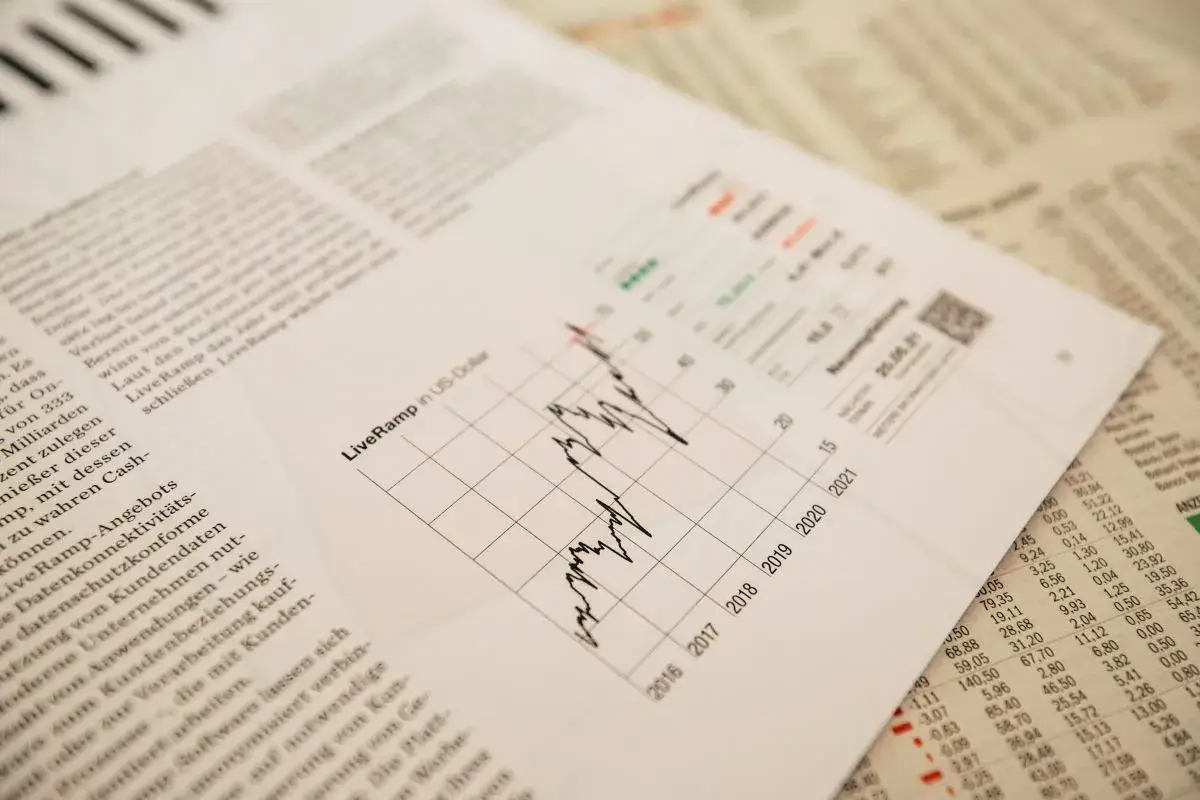
The Single Index Model (SIM): Definition & Formula
The single index model describes a linear relationship between the rates of return on individual securities or portfolios and the rates of return on a market index. It is based on the assumption that security or portfolio rates of return have the tendency to fluctuate with the rates of return on a common factor (market index)
Security rate of return = Return related to Market index’s return + Return that is independent of the market index return
Rit = biRmt + ai + eit
ai= part of security i’s return that is not related to fluctuation of the index’s return.When index return is zero, security i’s return is equal to ai and thus ai is the intercept coefficient.
bi= sensitivity of security i’s returns to fluctuations in index returns.It is slope coefficient.
eit= A random zero mean noise term for security i with zero expected value and constant variance.eit and Rmt are assumed to be independent.Reflects random error,reflecting the difference between the actual return on stock i in a given period and the return as predicted by the regression line
The market model regresses the stock’s return against the market’s return.
σ2 i = bi2 σ2m + σ2 ei
Total risk = Systematic risk + unsystematic risk
Through regression analysis, betas can be estimated:
Monthly log returns of stocks are regressed against the returns on market index. R2 indicates the proportion of total risk that can be explained by the systematic risk.
Portfolio Diversification Using The Single Index Model:
A portfolio, p , is comprised of N risky securities.Using the single index model, the variance of the portfolio p can be expressed as:
σ2p = b2p σ2m + σ2ep
where
bp = a weighted average of the betas of the individual securities in the portfolio
σ2ep = a weighted average of the unsystematic risks of the individual securities in p.
Assuming equal investment in each security in p , then total portfolio risk is given by.
σ2p = b2p σ2m + 1/ N (σ2eı+ σ2e2+ σ2e3 +….+ σ2 en)
Where σ2ei is the unsystematic risk of the security .
As the portfolio becomes more diversified,the number N gets larger.As a consequence 1/ N becomes smaller,resulting in a portfolio having low unsystematic risk. As N becomes larger,the portfolio risk approaches the systematic risk.The systematic risk can not be eliminated by diversification.The only way to avoid systematic risk is never to invest in risky securities.